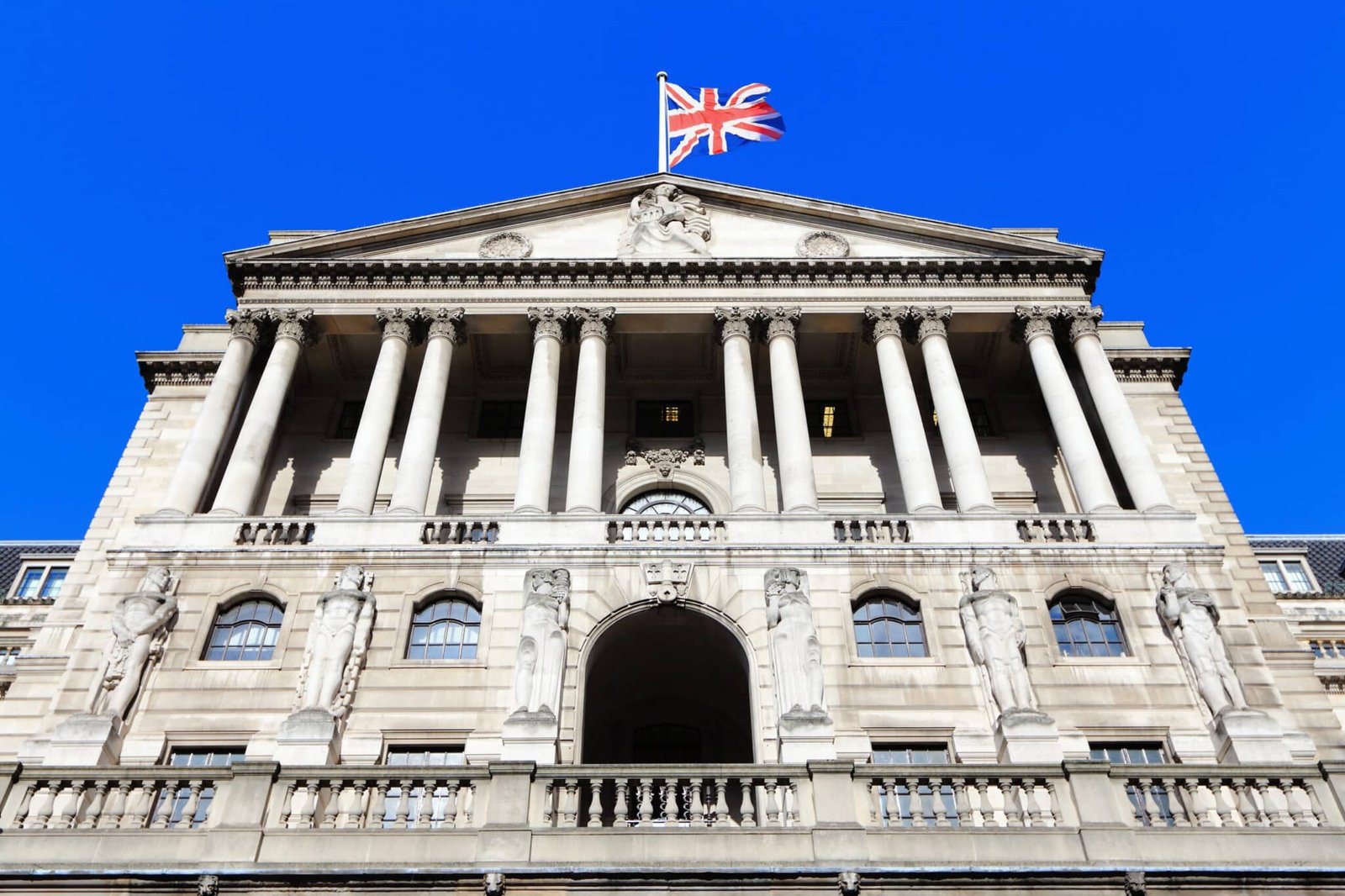The Bank of England maintained interest rates at 5.25% for the sixth consecutive time today.
The decision is thought to have been influenced by the fact that inflation, which measures the gradual increase in prices, remains above the Bank’s target of 2%, currently standing at 3.2%.
In addition to the interest rate decision, the Bank will also release its latest forecast, providing an estimation of future inflation and the state of the UK economy. This report comes at a time when both major political parties have made commitments regarding their strategies for driving economic growth.
The condition of the UK economy has been under scrutiny, particularly with a general election expected to be called in the coming months, where economic policies are likely to be a significant point of contention in the pursuit of votes. Prime Minister Rishi Sunak has previously expressed optimism, stating that 2024 will be the year of economic recovery and that the country has made significant progress. However, many households continue to face financial pressures.
Economists had been predicting that rates will remain unchanged at their current 16-year high, most anticipate that the Bank will implement its first rate cut in the summer. The Bank initially raised interest rates to curb the rapid increase in consumer prices and alleviate the cost of living.
The underlying theory behind raising interest rates to combat inflation is that by making borrowing more expensive, individuals will reduce their spending, leading to a decrease in demand for goods and a subsequent easing of price rises. However, this approach requires a delicate balance, as high interest rates can negatively impact the economy by discouraging businesses from investing in production and job creation.
Prices began to rise rapidly as the demand for goods increased following the lifting of Covid-related restrictions. Subsequently, energy and food prices surged due to Russia’s invasion of Ukraine, resulting in inflation peaking at 11.1% in October 2022, the highest rate in four decades.
The Bank’s base interest rate influences the rates set by high street banks and lenders. The higher interest rate has led to increased borrowing costs for individuals, such as mortgages, while savers have experienced improved returns on their savings.
Emma Wall, Head of Investment Research and Analysis at Hargreaves Lansdown, stated that any decision other than the Bank maintaining rates would have been unexpected. She noted that the markets did not anticipate a rate cut, and Bank of England Governor Andrew Bailey had not provided any indication of a potential change.
However, Wall added that rate cuts are on the horizon, citing Sweden’s national bank’s recent decision to reduce rates as an indication of the prevailing sentiment. She stated that rate cuts are likely to occur in the UK and Europe within the next few months.
Fiona Eastwood, Chief Operating Officer at Merlin Entertainments, the parent company of Madame Tussauds, expressed the expectation that interest rates would decrease as inflation subsides. Eastwood, who also serves on the board of industry group UKHospitality, emphasised the significance of interest rates for the survival of businesses in the hospitality and leisure sector, many of which are still grappling with Covid-related debt. She highlighted that a quarter of hospitality businesses have no cash reserves, and nearly a third have less than three months’ worth, making interest rates critical for their operations.
Laith Khalaf, Head of Investment Analysis at AJ Bell, believes that it is currently too early for the Bank of England to implement a rate cut, especially considering the Federal Reserve’s cautionary stance on interest rates in the United States. Khalaf stated that the likelihood of a rate cut in June is uncertain, but investors are leaning towards a reduction in August.
He emphasised the importance of taking a longer-term perspective, noting that while the next interest rate adjustment will likely be a decrease, it will not result in a sudden collapse in rates.
Policy adjustments will occur gradually, and the final outcome will not resemble the near-zero interest rates of the 2010s. The Bank of England has previously stated its expectation that inflation will slightly fall below the 2% target by the summer. Governor Bailey has expressed a more optimistic view on rate cuts, suggesting that achieving the 2% target is not a prerequisite for implementing rate cuts, but rather that policymakers must be convinced of its feasibility.
Although the UK experienced an economic recession at the end of last year, with two consecutive quarters of economic contraction, policymakers believe that the downturn may have already ended.
On Friday, the latest official figures on the economy will be released, providing confirmation of whether the UK economy grew in the first quarter of 2024.


